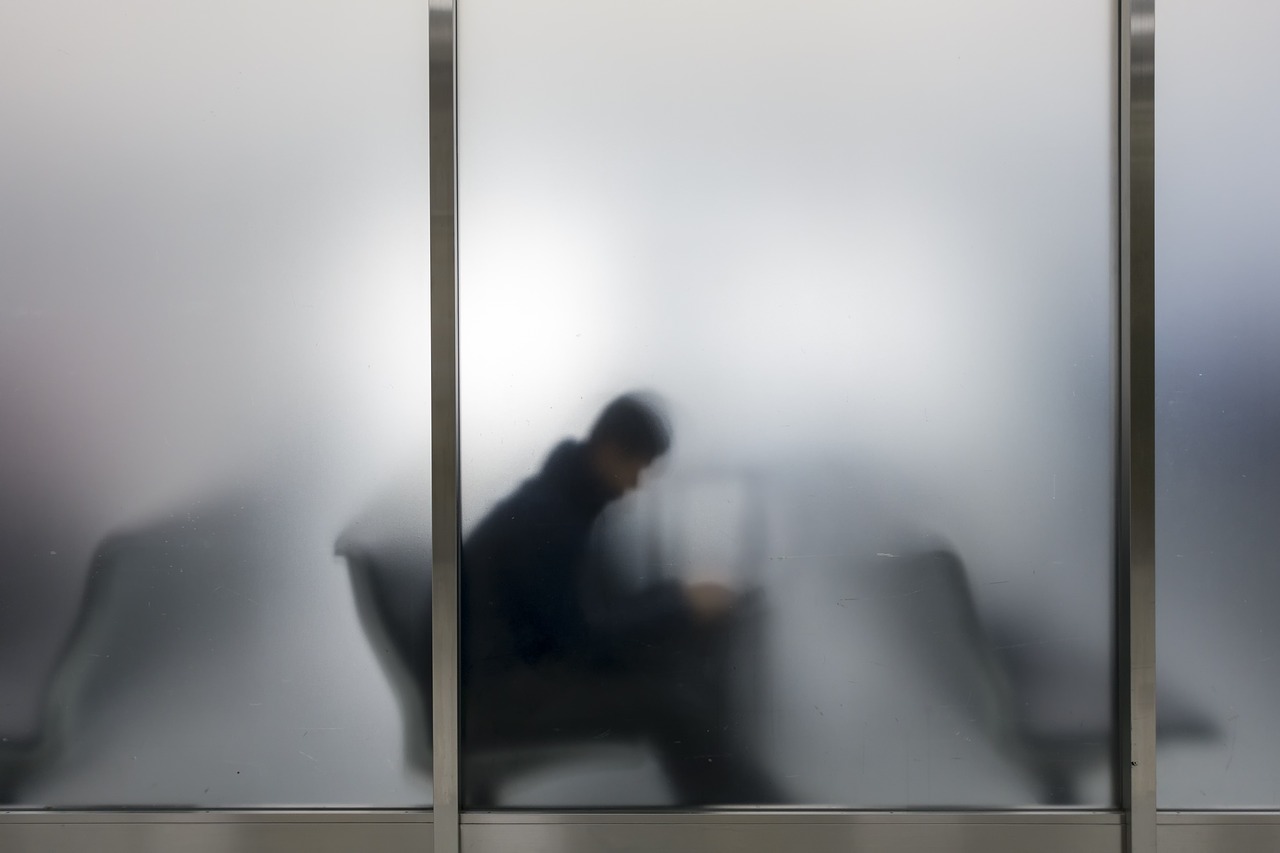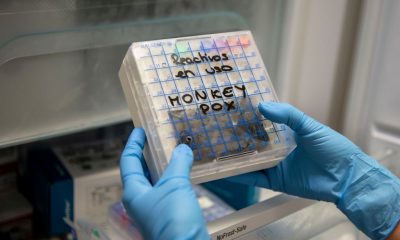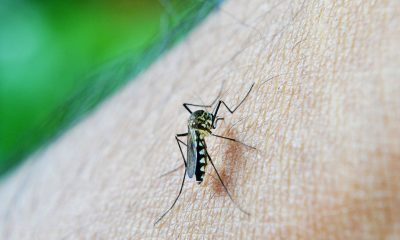Health authorities are warning of possible measles outbreaks in children amid a “perfect storm” of conditions that heighten the risks.
The conditions are “ripe” for serious outbreaks of vaccine-preventable diseases such as measles, the World Health Organization (WHO) and UNICEF noted in a joint news release Wednesday. According to the organizations, the first two months of 2022 alone saw a whopping 79% increase in measles cases compared to the same period last year.
Specifically, there were 17,338 measles cases worldwide during the period, whereas January and February 2021 saw 9,665 cases.
Measles is of particular concern since it is considered “one of the world’s most contagious diseases.” The cases quickly appear because of this trait and hence, outbreaks of measles can “forewarn” outbreaks of other diseases that don’t spread as quickly as it does. As such, the “worrying” trend signifies higher risks of the spread of vaccine-preventable diseases and possible larger outbreaks, the organizations noted.
In late 2021, the WHO, as well as the Centers for Disease Control and Prevention, had also warned of the possibility of serious measles outbreaks as a report showed a dramatic decline in vaccinations among children. There have been 21 measles outbreaks in various places across the globe in the past 12 months alone.
“Countries with the largest measles outbreaks since the past year include Somalia, Yemen, Nigeria, Afghanistan, and Ethiopia,” the organizations said. “Insufficient measles vaccine coverage is the major reason for outbreaks, wherever they occur.”
There are quite a few factors that contributed to this increase in cases. This includes the disruptions in the health services because of the COVID-19 pandemic. In 2020, for instance, 23 million children skipped basic childhood vaccinations – 3.7 million more from 2019. According to the organizations, this is the largest number since 2009.
Apart from the pandemic disruptions, unrest and displacement in certain areas like Ukraine and Afghanistan also interrupted immunization programs and fostered overcrowding. With many countries already relaxing the COVID-19 measures, such as social distancing, the risks for outbreaks of other diseases have also increased.
“Measles is more than a dangerous and potentially deadly disease. It is also an early indication that there are gaps in our global immunization coverage, gaps vulnerable children cannot afford,” UNICEF Executive Director Catherine Russel said in the news release. “It is encouraging that people in many communities are beginning to feel protected enough from COVID-19 to return to more social activities. But doing so in places where children are not receiving routine vaccination creates the perfect storm for the spread of a disease like measles.”
Apart from disruptions in health services against measles, efforts against other diseases such as polio and typhoid were also affected, Reuters reported. In March, Malawi reported a polio case for the first time in decades.
So far, 57 vaccine-preventable disease campaigns in over 40 countries are on hold, affecting over 200 million people. WHO, along with its other partners, is now working to continue and strengthen the vaccine efforts that have been placed on hold because of these various disruptions.
“(W)e are now seeing a resurgence of deadly diseases including measles. For many other diseases, the impact of these disruptions to immunization services will be felt for decades to come,” said WHO Director-General Dr. Tedros Adhanom Ghebreyesus. “Now is the moment to get essential immunization back on track and launch catch-up campaigns so that everybody can have access to these life-saving vaccines.”














